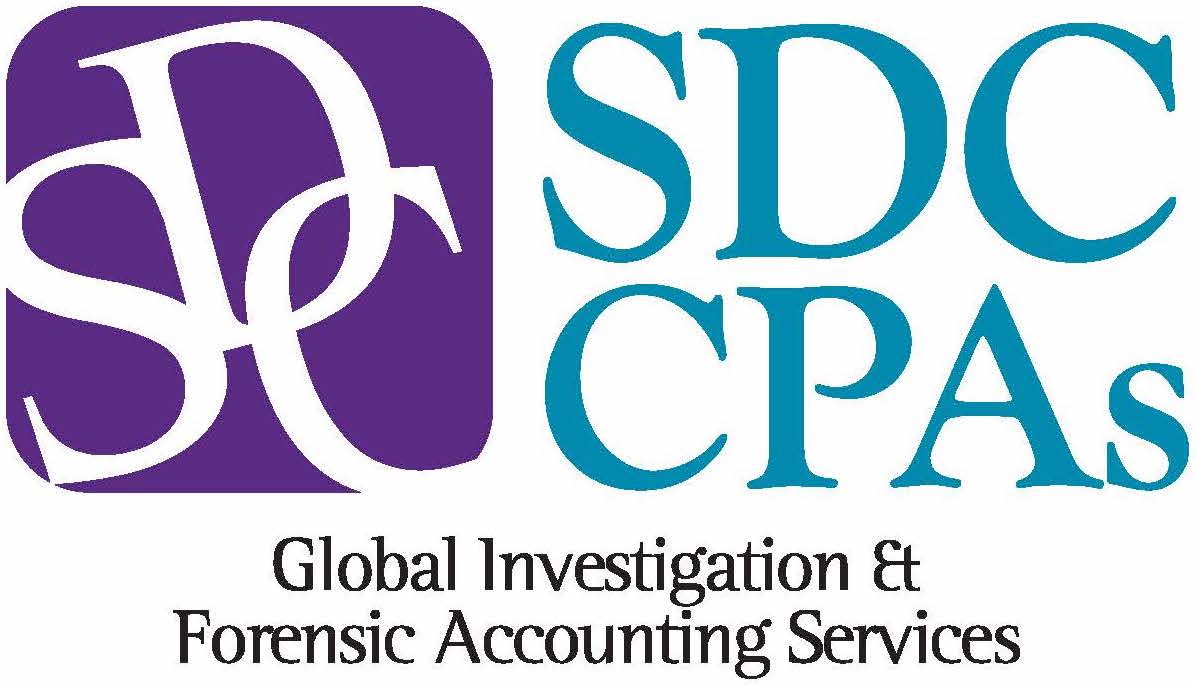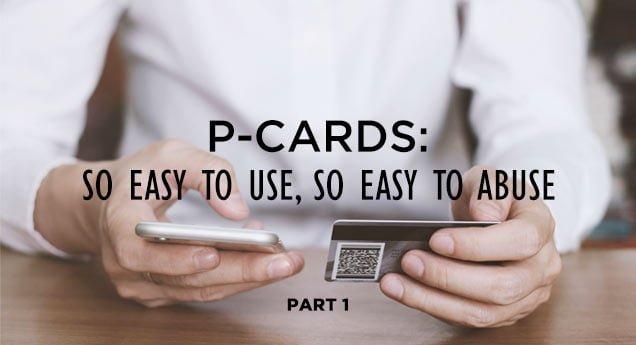Many companies consider P-Cards (Purchasing Cards) to be efficient for purchasing goods from vendors. P-Cards, also dubbed Procurement Cards (ProCards), Payment Cards or Purchase Cards, are essentially charge cards, similar to consumer credit cards. With the increased use of P-Cards in the corporate, educational and government sectors, in order to choose the P-Card best for the organization.
The Basics
A P-Card is a commercial card organizations can use to make electronic payments for business expenses, taking advantage of the existing credit card infrastructure. The organization must pay the P-Card issuer in full each month. The organizations are the “end-users”; the individual employees issued P-Cards to make transactions and payments on behalf of their employers are “cardholders”.
[easy-tweet tweet=”it is imperative to understand the basics of P-Card types.” via=”no” usehashtags=”no”]
The Types
P-Cards can be plastic cards or non-plastic account numbers. Different types of P-Cards and commercial cards address a variety of purchases and spend categories. They include:
- Ghost Card/Ghost Account – a card account an end-user issues to a supplier that processes the organization’s purchases to the account.
- Corporate Card –a card used for employee travel and entertainment expenses, also called a Travel Card.
- One Card – a single charge card used for procurement, travel and entertainment expenses and, in some cases, fleet charges.
- Fleet Card – a card used for fuel, maintenance, repair and related expenses on company vehicles.
- Prepaid Card – a debit-based card for which card transactions are deducted from a funded account. For example, a Payroll Card “loaded” with an employee’s earned wages.
- Declining Balance Card – a card with a “shelf life” in which a spending limit and/or expiration date is established for a specific project budget or spend allowance. For example, a Meeting Card.
- Business Card – a card used by smaller businesses (like a P-Card) for goods, services, travel, etc. for which the end user may be permitted to carry a balance.



